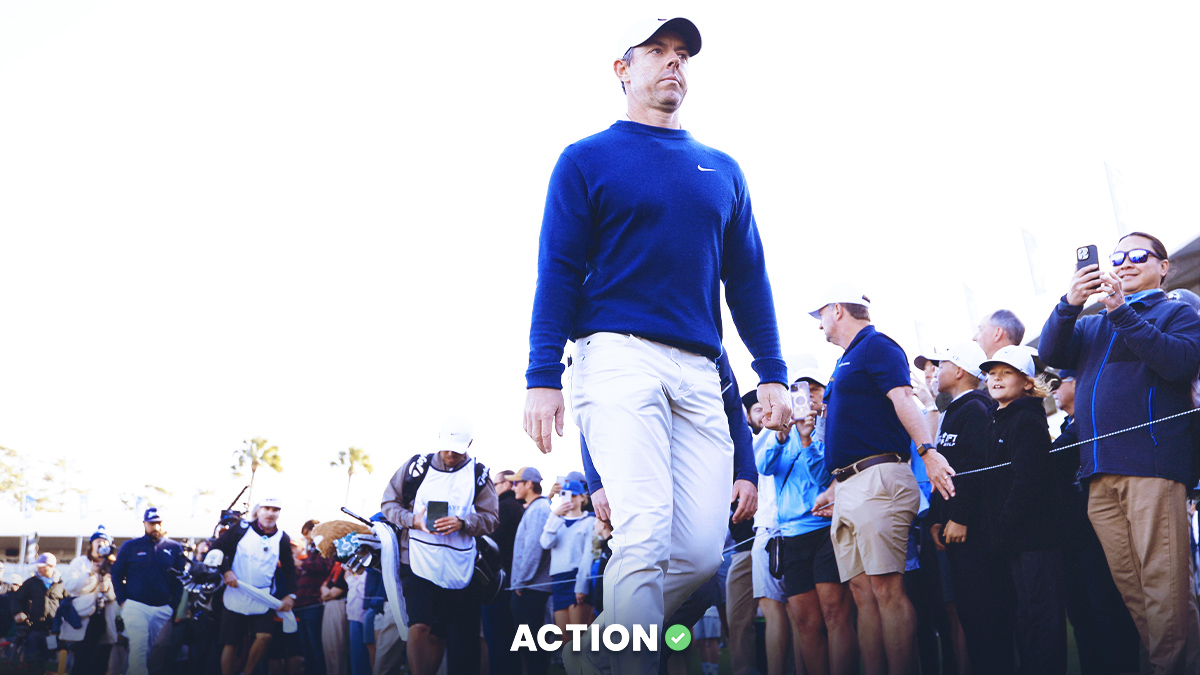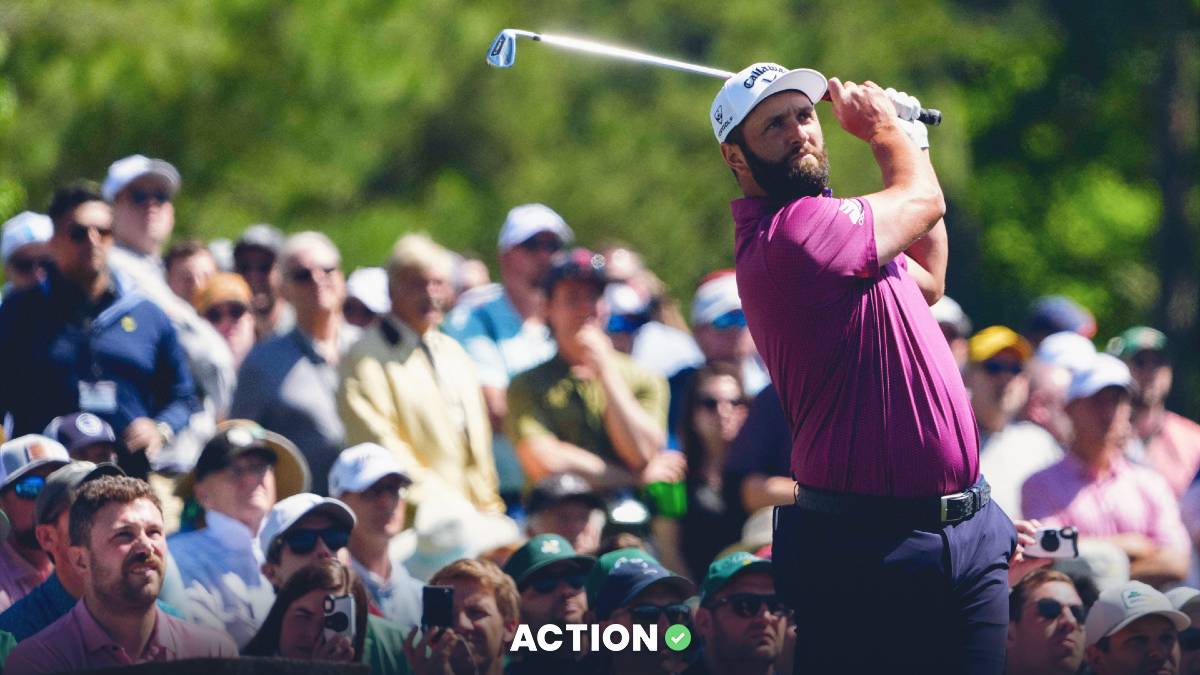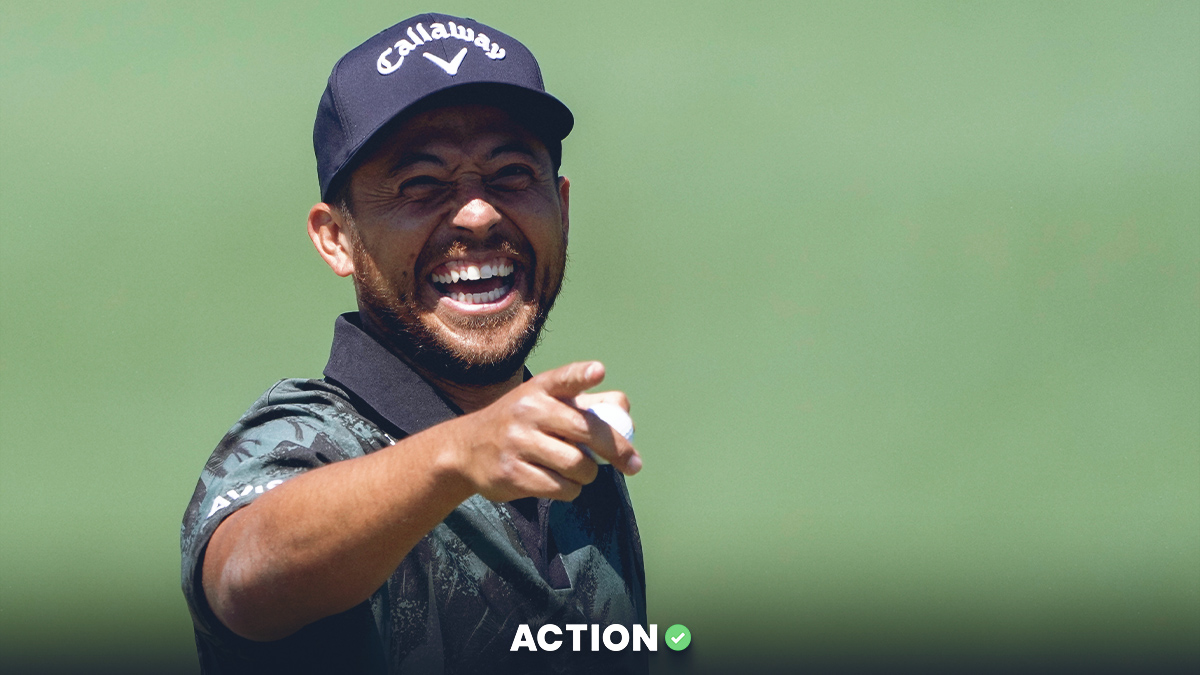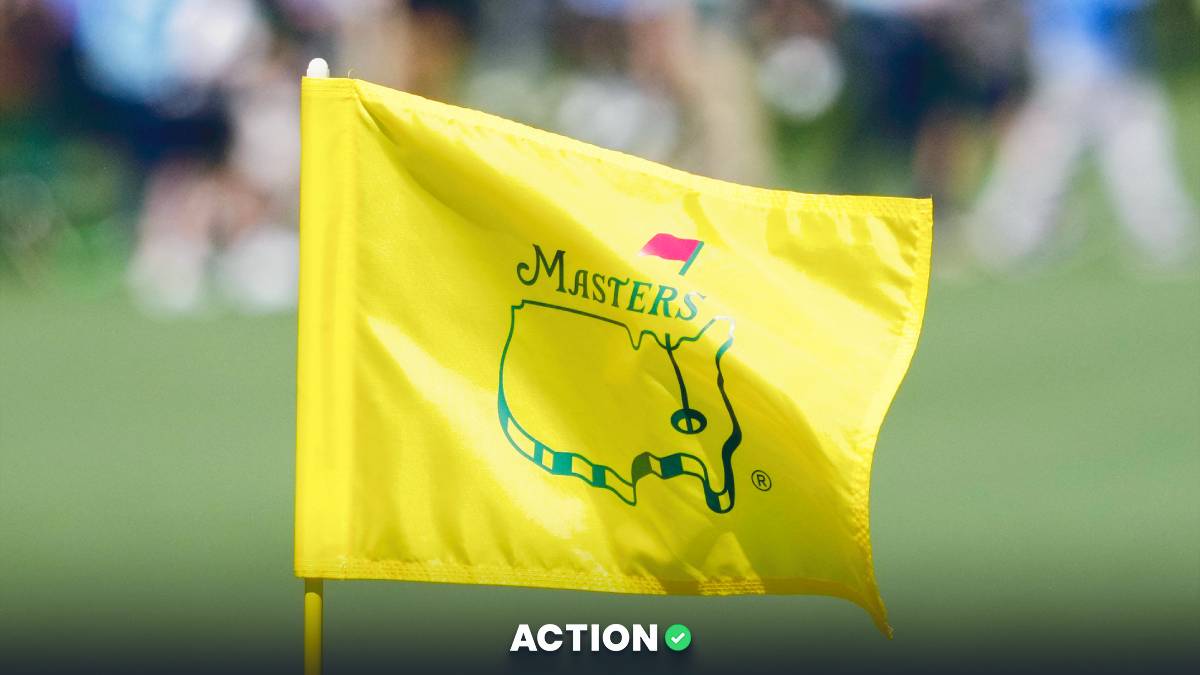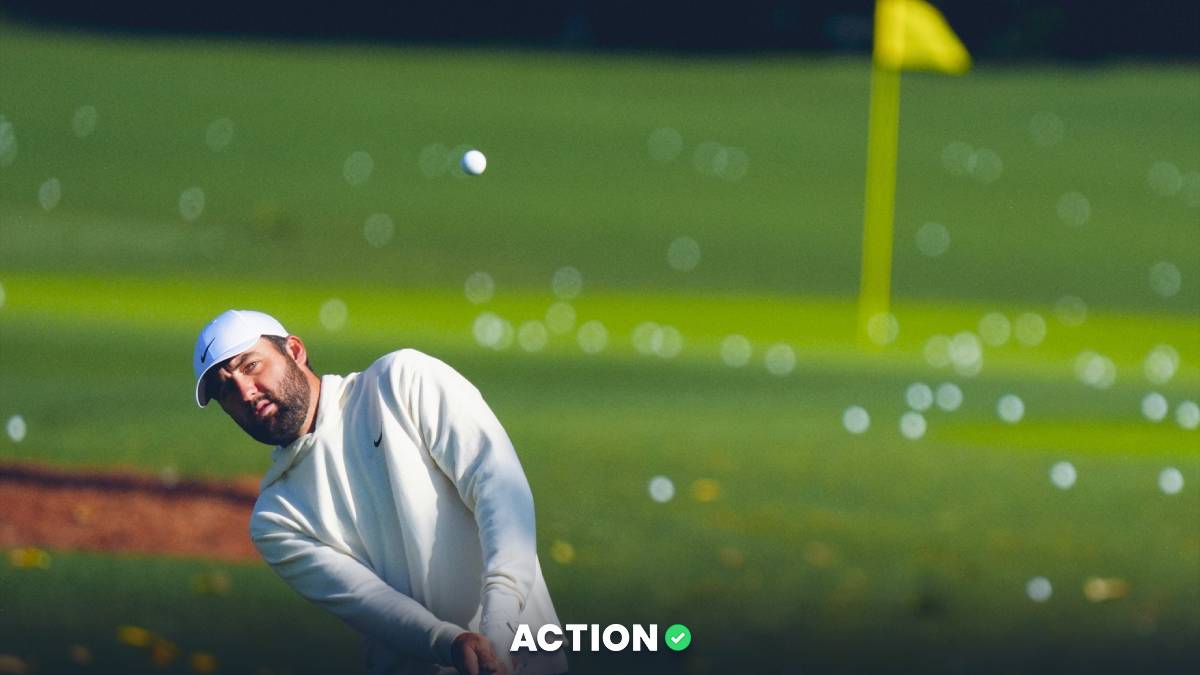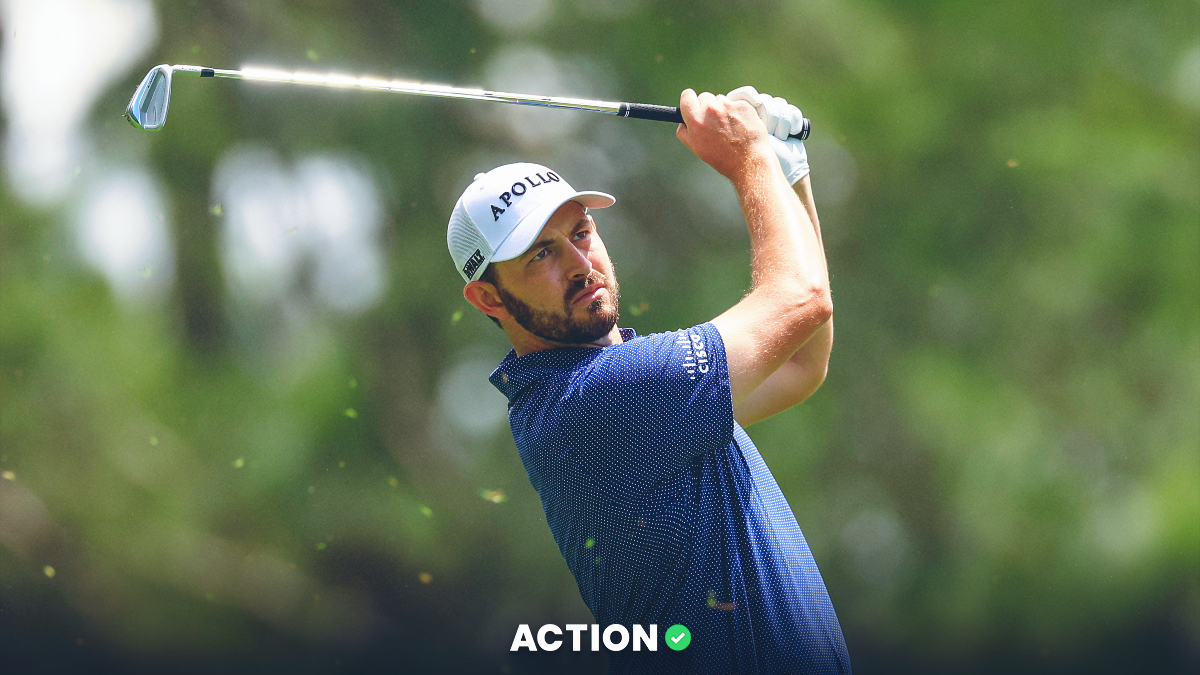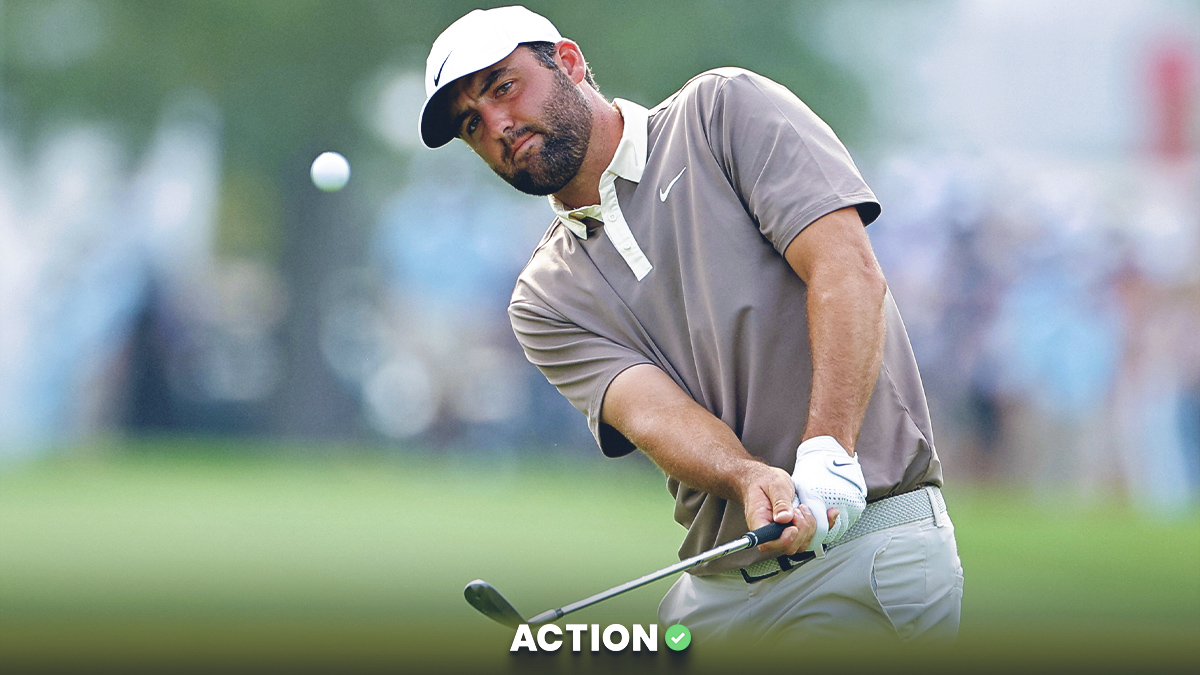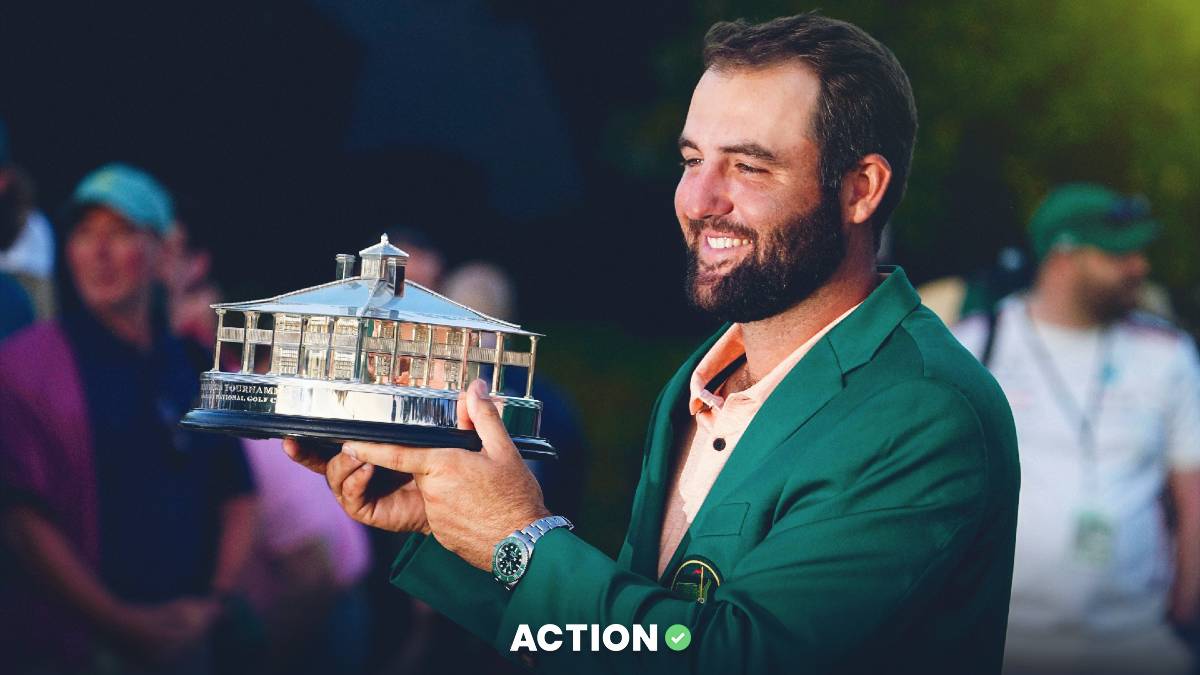We are currently in the midst of a two-week stretch of professional golf which should serve as a celebration of the game at its most elite level, with some of the biggest stars competing in outside-the-box tournaments to score some bonus points for the ol’ grow-the-game brigade.
The Grant Thornton Invitational featured partnerships of a PGA Tour and LPGA player alongside each other in a format for which we’ve clamored for years. The PNC Championship will similarly consist of two-player teams, as each professional golfer plays with a family member.
Men and women, parents and children, all competing together in a sport which has so often struggled to open itself to the masses.
And yet, instead of celebrating the game, the prevailing narrative is one of dismay, distrust, disillusionment and disappointment in the product, much of it leading to fans doing a disappearing act. In droves.
Look, I get it. I fully understand that sentiment.
For those who have invested their time and energy in following the professional game and its top players, the 12 Stages of Being a Golf Fan should have you somewhere between denial and resentment right now, with grief and acceptance coming soon.
Let’s get one thing straight: This is about fandom of the sport’s highest level, not the overall state of the game itself, which continues to thrive in the wake of a COVID-related boom.
And another: Jon Rahm’s recent decision to leave the PGA Tour for LIV Golf might’ve been the tipping point for such frustration, but this anger should hardly be directed at Rahm alone, nor is it even targeted solely at those connected with LIV.
Check out the latest bet365 bonus code offer before placing your bets on the PGA Tour or LIV Golf.
The greed and arrogance displayed by just about everyone involved – from players to executives to agents and beyond – is ruining the experience. The professional game is eating itself from the inside. This is white-collar cannibalism.
It’s too bad because the game had a good little thing going for the past 80 years or so, but these guys have essentially taken a wrecking ball to the entire structure and tried to demolish it – all in pursuit of the almighty dollar.
Not that there’s anything wrong with chasing an opportunity to make as much money as possible. That’s the whole point of working in the first place. What’s wrong is that nobody involved had the foresight to understand the irrevocable damage that was collectively being done by such fracture and division.
Again, the fault doesn’t lie just with LIV, although early warnings of “disruption” amongst that tour’s original signees have been eerily prescient.
Nor does it completely rest with the PGA Tour, an entity which continues to speak out of both sides of its mouth, creating a framework agreement with the Public Investment Fund (PIF) of Saudi Arabia, while denouncing those players who have left to compete on LIV, which is owned and operated by – you guessed it – the PIF.
(You want to talk tone-deaf? It was revealed this past weekend that the PGA Tour will rename one of its long-standing events the Cognizant Classic, which is such a delicious bit of unintended irony that Alanis Morissette might have to go back into the recording studio.)
As for the players, they can hide behind a cloak of ignorance. Whether driven by their own ethics and values or the potential of generational wealth, there’s an inherent bias which largely disregards any thoughts of growing the game, despite how many times a player insists he’s – all together now – “growing the game.”
What we’re left with is more questions than answers.
What happens if the PGA Tour makes a deal with the PIF? Will LIV players be able to compete alongside PGA Tour members? Even if so, what’s their motivation? Are fans just threatening to ignore non-major championship golf altogether? Will they really leave? Or is this just a temporary, in-the-moment reaction?
By the time you read this, there will very possibly be more big-name players who have signed with LIV. They will explain to us that it’s the best thing for their families – and they aren’t wrong. Those left behind on the PGA Tour will preach that tradition still matters – and they aren’t wrong, either.
Meanwhile, more fans will continue to grow frustrated with both sides.
Not all of ‘em. Some will flock toward LIV, the informal atmosphere offering a new way to view a musty sport. Some will remain loyal to the PGA Tour, as the familiarity and history carries more appeal.
Many, though, are beginning to see the current state of pro golf as the modern-day version of the emperor’s new clothes, so many in the game parading around with chests puffed out, while others can see right through them.
For a group of people who outwardly claim they’re so intent on growing the game, the very opposite is taking place. All that’s growing at the professional ranks are some big fat bank accounts and a substantial level of neglect toward those who have invested in the product but might not be doing so much longer.






